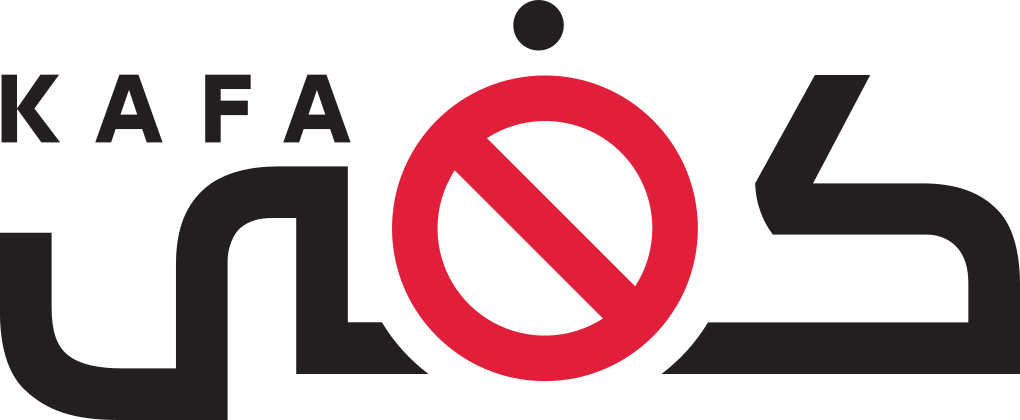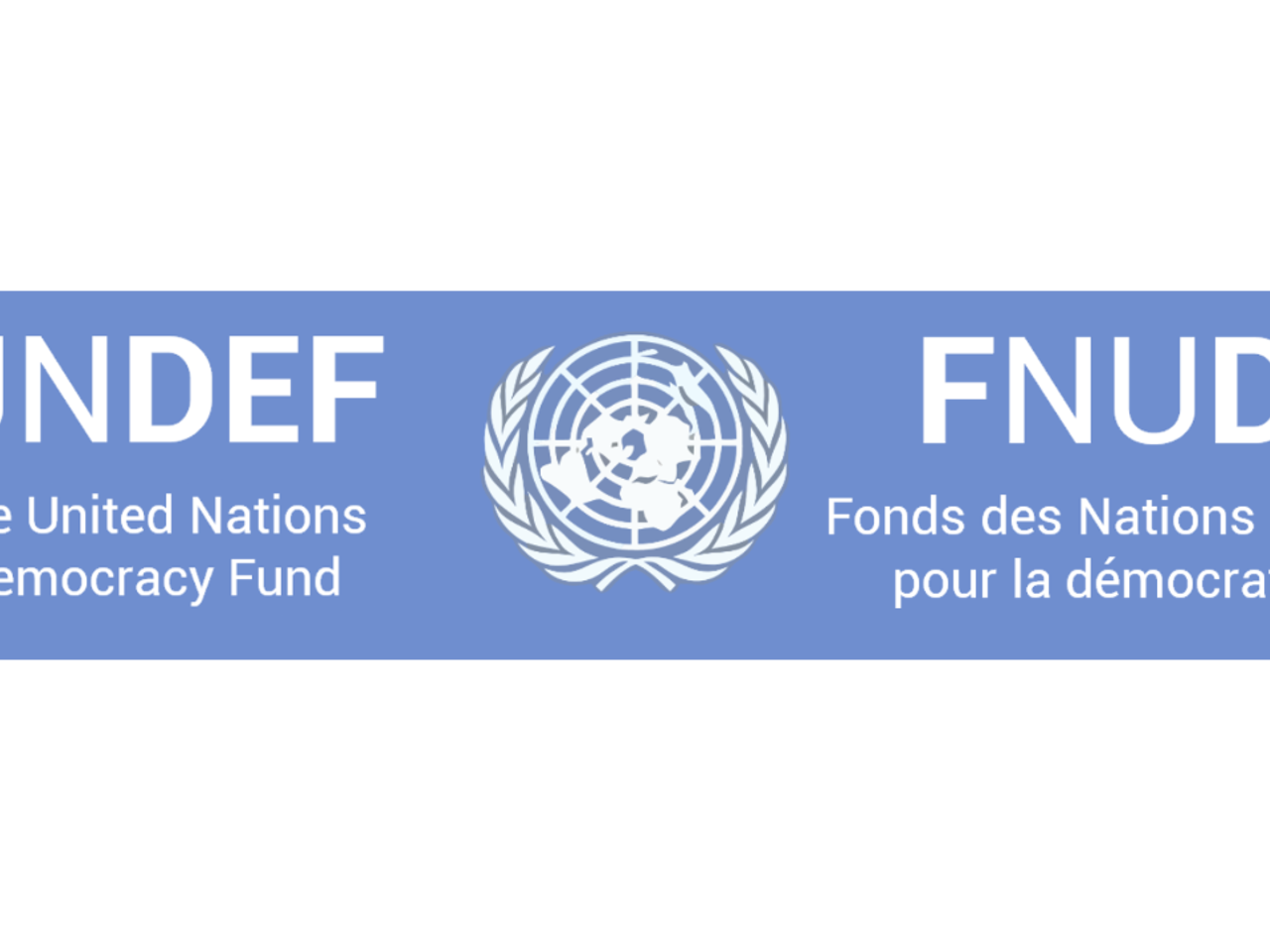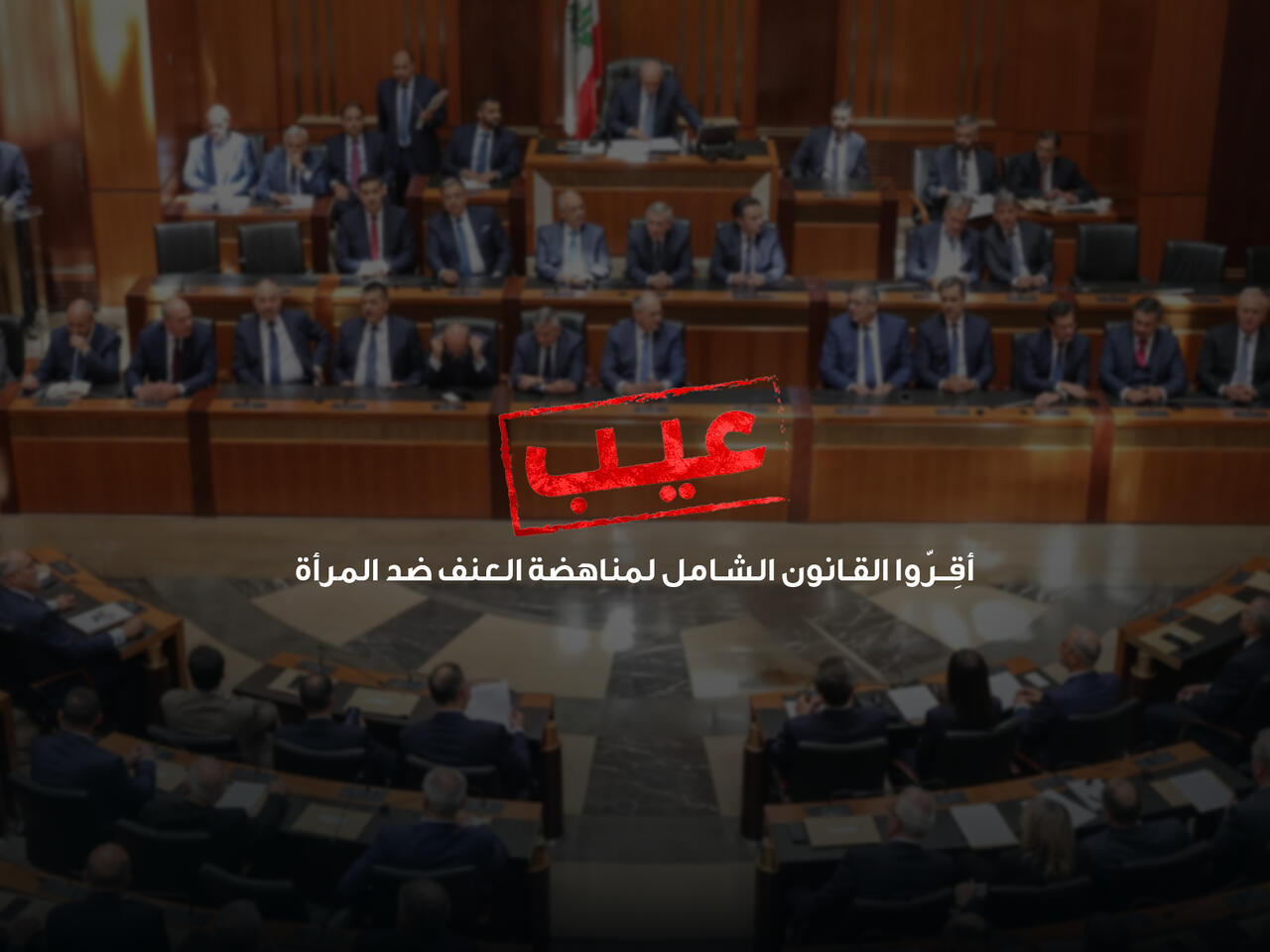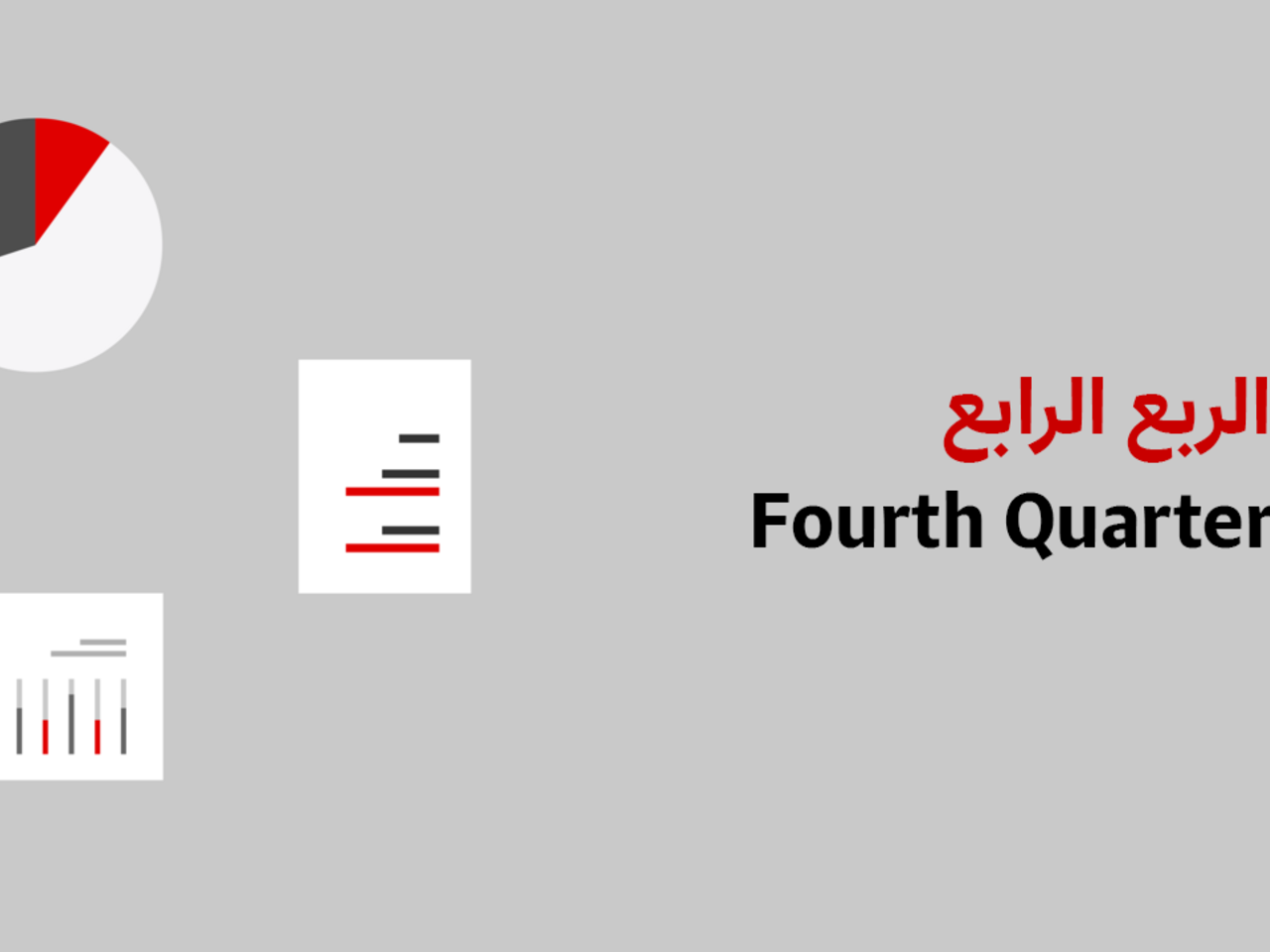Domestic workers celebrate Workers’ Day and demand the recognition of their union
Five years ago, domestic workers took to the streets of Beirut to celebrate Workers’ Day for the first time in public. Years of struggling for basic human and labor rights have passed, but no change has been made to the legal system yet. However, this year is different. Last January, Migrant Domestic Workers (MDWs) announced the naissance of their own union, titled the “General Union for Workers in the Cleaning and Care Sectors”, in which MDWs are represented by a committee.
On Sunday the 3rd of May, Workers and supporters marched to demand the Lebanese government to recognize this union, after the Minister of Labor, Sejaan Kazzi, clearly stated his refusal to officially recognize it, claiming that Lebanese law does not allow the creation of such a union.
Domestic workers did not give up to this statement. On the contrary, they chose to dedicate their sixth Workers’ Day celebration for the union and their ongoing demands for a better legal protection and the change of the sponsorship system.
Workers’ Day celebrations kicked off in Wata El Msaitbeh, where hundreds of workers, supporters, and organizers from various civil society organizations gathered to show their support for MDWs’ rights. Participants and activists then marched towards the main street of Hamra, chanting slogans and lifting banners that included many demands, such as: “No to the sponsorship system”, “Stop the trafficking of domestic workers”, “Include domestic workers in the labor law”, “Recognize Domestic Workers’ Union”.
In Hamra, MDWs continued the celebrations and enjoyed a cultural festival and a market organized by the participating migrant communities. Women workers and activists from various communities gave a speech for this occasion to reiterate their call for the Lebanese government to officially recognize the union, and stress the importance of the union’s role in defending domestic workers’ rights. “The union is the only democratic framework that will allow us to discuss our situation collectively and identify collective socioeconomic solutions”, they said.





